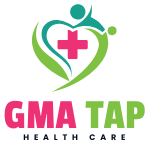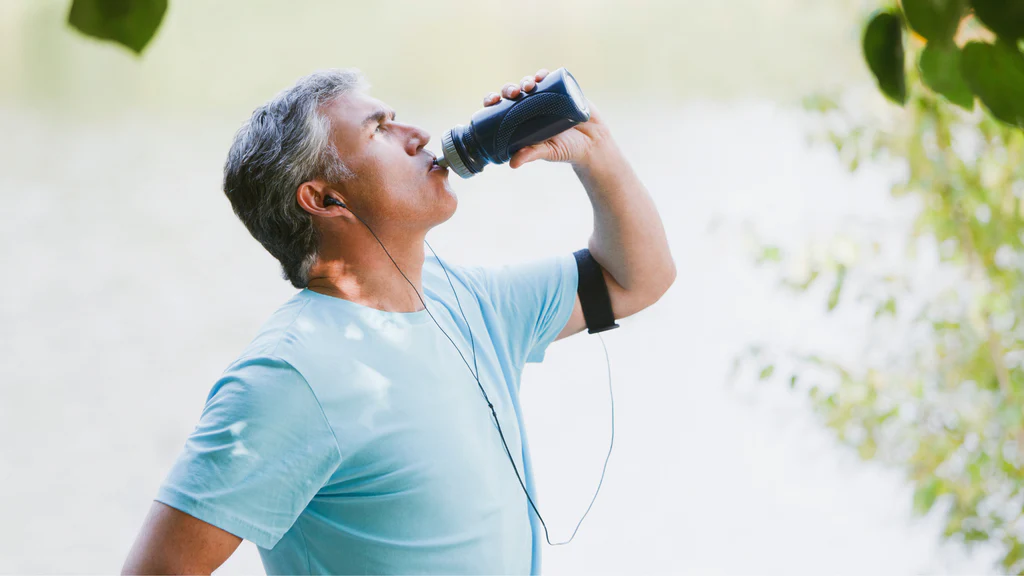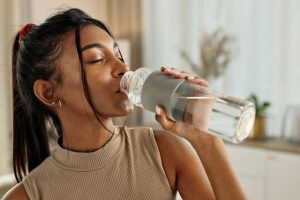Water is essential for life. It fuels your body’s most vital processes—keeping your organs functioning, maintaining energy, and supporting clear thinking. Yet, many people don’t drink enough water daily without realizing it. Dehydration doesn’t always come with extreme thirst; sometimes, the signs are subtle and easy to overlook. Understanding these warning signals and learning how to fix them can make a huge difference in how you feel and perform every day.
Why Staying Hydrated Matters
Your body is made up of roughly 60% water. It plays a critical role in regulating temperature, carrying nutrients, removing waste, and keeping your joints and tissues lubricated. When you’re dehydrated, even slightly, it affects nearly every system in your body—from your skin and digestion to your focus and mood. Proper hydration keeps your energy steady, your skin glowing, and your mind sharp.
Unfortunately, between busy schedules, coffee breaks, and sugary drinks, many people neglect plain water. Recognizing the signs of dehydration is the first step to improving your health naturally.
Common Signs You’re Not Drinking Enough Water
1. Persistent Fatigue and Low Energy
If you constantly feel tired even after a good night’s sleep, dehydration might be the reason. Water helps deliver oxygen throughout your body. When you’re dehydrated, your blood becomes thicker, making your heart work harder and causing fatigue. Replacing sodas or energy drinks with a simple glass of water can often bring a noticeable energy boost.
2. Frequent Headaches or Dizziness
Dehydration reduces blood flow and oxygen to the brain, leading to headaches, dizziness, or lightheadedness. If you experience frequent headaches, especially in the afternoon, try drinking a glass of water before reaching for painkillers—it might be all your body needs.
3. Dry Skin and Lips
Your skin is one of the first organs to show dehydration. When you don’t drink enough water, your body directs moisture toward essential organs, leaving your skin dry and dull. Cracked lips, rough patches, and less skin elasticity are clear signs you need to hydrate more often.
4. Dark Urine or Infrequent Urination
A simple way to check your hydration level is by observing your urine color. Pale yellow means you’re well-hydrated, while dark yellow or amber indicates dehydration. If you’re urinating less than four times a day, that’s another red flag that you’re not drinking enough fluids.
5. Muscle Cramps or Joint Pain
Water acts as a cushion for your joints and muscles. Without enough hydration, your muscles can tighten and cramp, especially during exercise. Staying hydrated helps prevent cramps, supports flexibility, and reduces the risk of injury.
6. Poor Concentration and Brain Fog
Your brain is highly sensitive to fluid balance. Even mild dehydration can affect memory, focus, and decision-making. If you often feel unfocused or mentally sluggish, you might need to drink more water throughout the day.
7. Bad Breath or Dry Mouth
Saliva is mostly made up of water, and it helps wash away bacteria and food particles. When your mouth is dry, bacteria grow faster, causing bad breath. Drinking enough water keeps your mouth moist and your breath fresher naturally.
8. Constipation or Digestive Issues
Water is vital for digestion and helps move food smoothly through your intestines. Without it, stool becomes hard and difficult to pass, leading to constipation and bloating. Drinking plenty of water supports healthy digestion and regular bowel movements.
9. Sugar Cravings and Increased Hunger
Sometimes your body confuses thirst with hunger. You might reach for snacks when what you really need is hydration. The next time you crave something sweet or feel unexpectedly hungry, try drinking a glass of water first and wait 10 minutes—it might solve the issue.
10. Rapid Heartbeat or Overheating
When you’re dehydrated, your heart rate can increase as your body tries to maintain proper circulation. You may also feel unusually hot since your body struggles to regulate temperature without adequate fluids. Replenishing your water levels helps restore normal body function quickly.
How to Fix Dehydration Naturally
The good news is that staying hydrated doesn’t have to be complicated. Small daily habits can make a big difference.
Start Your Day with Water
After hours of sleep, your body wakes up slightly dehydrated. Drink a full glass of water first thing in the morning before coffee or tea to jump-start your metabolism and energy.
Set Hydration Reminders
Many people simply forget to drink water. Set hourly phone reminders or use a marked water bottle to track your intake throughout the day.
Eat Water-Rich Foods
Fruits and vegetables like watermelon, cucumber, lettuce, and oranges contain high amounts of water and electrolytes. Including them in your meals helps you stay hydrated effortlessly.
Balance with Electrolytes
If you sweat a lot or exercise regularly, consider adding electrolyte-rich beverages like coconut water or lemon water to your routine. These help replace sodium, potassium, and magnesium lost through sweat.
Carry a Reusable Water Bottle
Having water within reach increases your chances of drinking regularly. Keep a bottle at your desk, in your bag, or in your car.
Limit Caffeine and Alcohol
Both caffeine and alcohol can dehydrate your body by increasing urine output. Try to balance every cup of coffee or alcoholic drink with an equal amount of water.
Flavor It Naturally
If plain water feels boring, add slices of lemon, cucumber, or mint leaves. Infused water adds flavor and makes hydration more enjoyable without adding calories.
FAQs
1. How much water should I drink each day?
While the general guideline is about 8 glasses (2 liters) a day, your exact needs depend on factors like activity level, diet, and climate. Listen to your body—thirst, urine color, and energy levels are your best indicators.
2. Can I drink too much water?
Yes, but it’s rare. Overhydration, or water intoxication, can dilute electrolytes in the blood. This usually happens only when people drink excessive amounts very quickly. Balance is key.
3. Does tea or coffee count toward my water intake?
Yes, but moderately. While they do contain water, their mild diuretic effect can cause you to lose some fluids. It’s best to balance caffeinated drinks with plain water.
4. Are sports drinks better than water for hydration?
For most people, plain water is sufficient. Sports drinks are helpful only during prolonged exercise or intense heat when electrolytes need replenishment.
5. What’s the best time to drink water?
Drink water consistently throughout the day—after waking up, before meals, during exercise, and before bed. Avoid drinking large amounts right before sleeping to prevent waking up at night.
Conclusion
Water is one of the simplest and most powerful tools for maintaining good health. Ignoring your body’s subtle signs of dehydration can lead to fatigue, poor concentration, and skin or digestive issues. By recognizing the symptoms early and making hydration a daily habit, you’ll feel more energetic, focused, and balanced. Staying hydrated doesn’t require fancy supplements—just consistent effort and awareness. So, grab a glass of water right now—your body will thank you.




